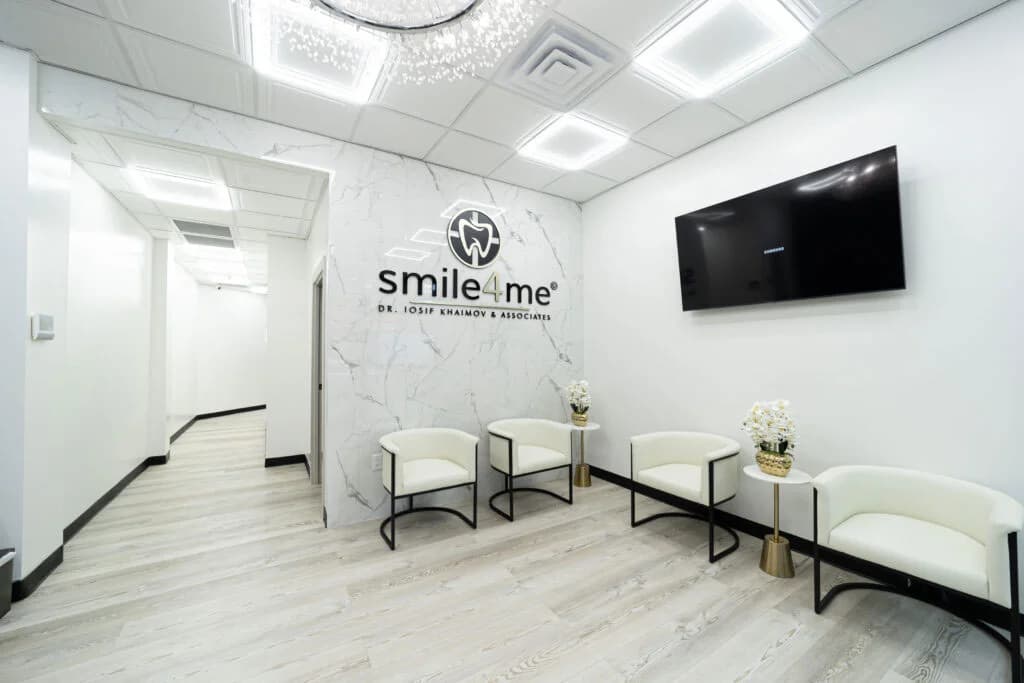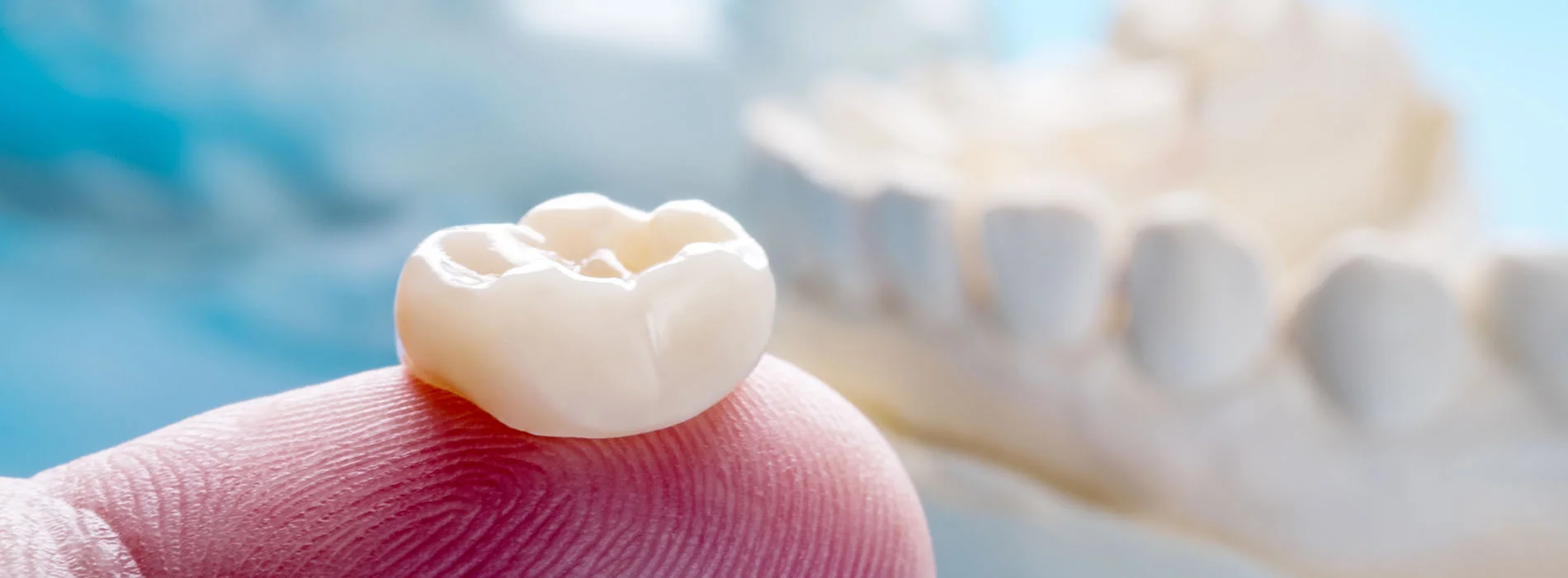Did you know that over 35 million Americans have lost all their teeth in at least one jaw? For many, damaged, weakened, or missing teeth can make everyday tasks like eating, speaking, and smiling feel uncomfortable or even impossible. That's why getting dental crowns Astoria offers is a reliable solution. They restore strength, function, and your confidence in your smile.
At Smile4Me Dental Care, we combine modern dental technology with compassionate service to deliver dental crowns that look natural, last long, and feel great. Book your consultation today and let us help you achieve the strong, healthy smile you deserve.
Quality Dental Crowns Astoria NY Has to Offer
At Smile4Me Dental Care, we're proud to deliver some of the best NY dental crowns, designed to restore both strength and beauty to your smile. Our dental crowns are custom-made to fit seamlessly, blending naturally with your existing teeth while giving you long-lasting protection. Patients searching for a trusted provider of dental crown Queens services choose us because we combine advanced technology with compassionate care, ensuring every crown feels as good as it looks. When you visit our office, you can expect nothing less than personalized treatment and results that leave you smiling with confidence.
What is a Dental Crown?

A dental crown is a custom-made cap that covers a damaged tooth, protecting it while restoring strength, shape, and function. Dental crowns can be made from various materials, including metal, porcelain, and zirconia, each offering unique benefits. They're commonly recommended for cracked or worn teeth, large fillings that weaken the structure, discoloration, or as protection after root canal therapy.
The Dental Crown Procedure
Getting a crown is a straightforward treatment that ensures your tooth remains strong and functional for years to come. Here's what to expect throughout the whole process:
- Consultation: We examine your tooth and discuss your treatment needs.
- Preparation: The tooth is reshaped by removing a small amount of enamel.
- Impressions: Detailed impressions are taken to create your custom crown.
- Temporary Crown: A temporary crown is placed to protect your tooth.
- Fabrication: Your permanent crown is crafted in a dental lab.
- Placement: The permanent crown is fitted and cemented into place.
- Adjustment: Bite alignment is checked and fine-tuned.
- Final Check: A final assessment ensures comfort and durability.
Once your crown is secured, you'll leave our office with a fully restored smile and the peace of mind that your tooth is protected.
The Benefits of Dental Crowns

Dental crowns are more than just restorations; they're long-term solutions for both oral health and aesthetics. With the right crown, you can:
- Protect Weakened Teeth: Shields against fractures, decay, and further damage.
- Restore Normal Function: Allows you to chew, speak, and bite comfortably again.
- Enhance Smile Aesthetics: Improves the appearance of stained, misshapen, or damaged teeth.
Together, these benefits mean dental crowns don't just fix your teeth; they restore your confidence and preserve your oral health for years to come.
The Average Cost of Getting Dental Crowns
The cost of a dental crown Astoria NY offers differs based on several factors. On average, patients can expect costs to range from several hundred to over a thousand dollars per crown, making it a long-term investment in both health and appearance.
Factors That Influence the Cost of Dental Crowns
Several elements affect the price of your crown, and understanding them helps you make an informed decision:
- Material Choice: Porcelain, zirconia, and metal all vary in durability and cost.
- Complexity of Treatment: Additional procedures, such as root canals, can increase total expenses.
- Insurance Coverage: Plans differ in how much they cover restorative care.
These factors make crown costs flexible, but our team will always provide transparent pricing and financing options so you can make the choice that's right for you.
Insurance Coverage Options for Dental Crowns
Many insurance providers cover a portion of crown treatment, as it's often considered a restorative procedure. However, coverage can depend on the material chosen and the tooth being treated. At Smile4Me Dental Care, we proudly offer 0% interest payment plans for up to 24 months, making it easier to manage the cost of treatment without financial stress.
Why Choose Smile4Me Dental Care for Dental Crowns Queens NY

With us, every treatment is personalized with your comfort and long-term results in mind. Our experienced team, led by Dr. Iosif Khaimov, uses advanced technology and high-quality materials to provide crowns that blend naturally with your smile. Whether you need a trusted dentist in Astoria for restorative needs or cosmetic improvements, our focus is always on delivering precision care and a stress-free patient experience.
Schedule Your Appointment Today!
If you've been searching for the best dental crown in Astoria, NY, Smile4Me Dental Care is ready to help. Our friendly team is committed to restoring your smile with dental crowns that look natural and last for years. Book your appointment today!
